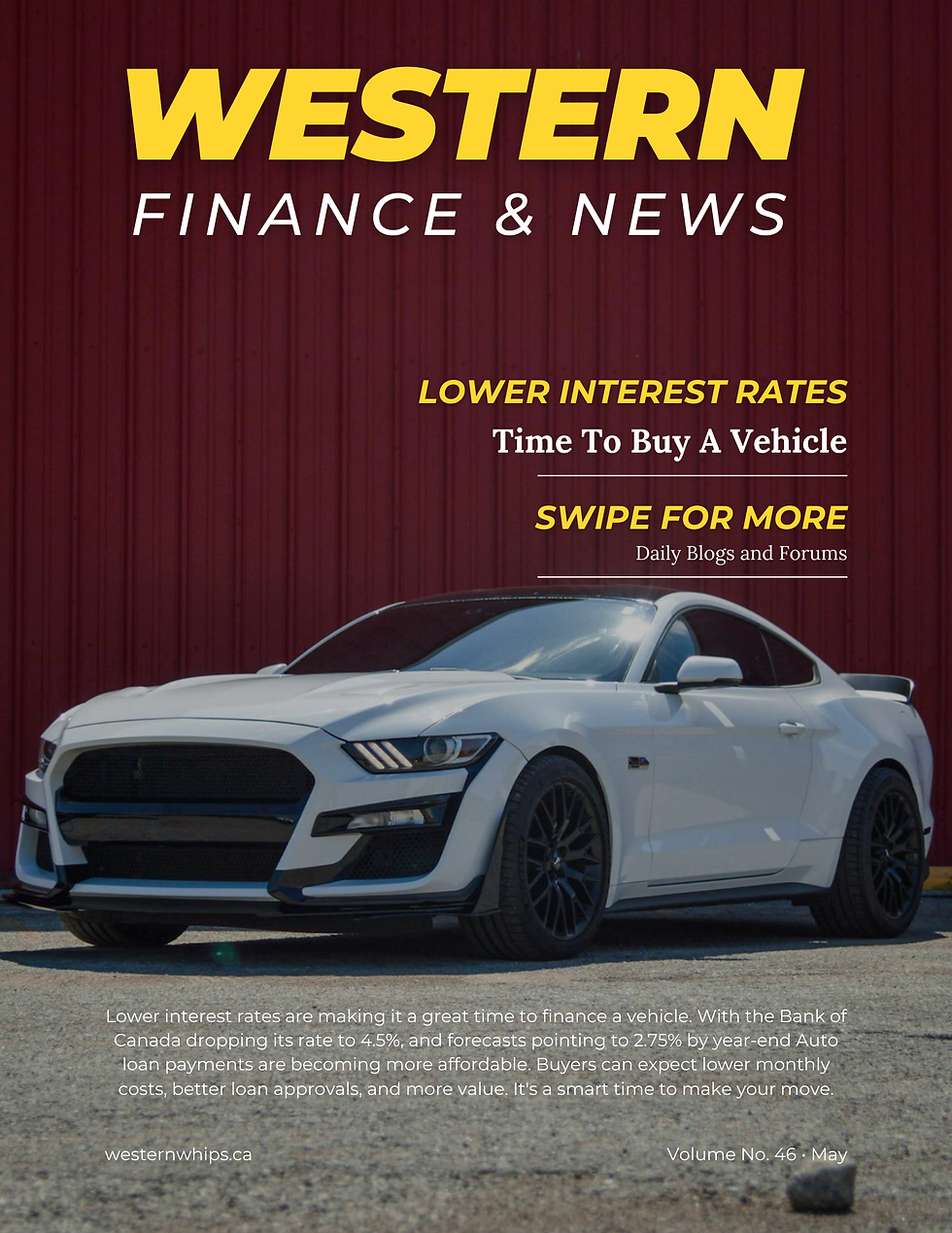Navigating the Dilemma: New Car vs. Used Car – A Finance Manager's Guide
- Feb 1, 2024
- 2 min read
Updated: Feb 6, 2024

In the exciting journey of purchasing a car, one of the fundamental decisions customers face is whether to go for a brand-new vehicle or opt for a used one. As a finance manager at a car dealership, I understand the intricacies involved in making this decision. In this blog, we will explore key tips to help prospective buyers weigh their options and make an informed choice based on their preferences and financial circumstances.
Budget Assessment:
The first step in this decision-making process is a thorough budget assessment. New cars often come with a higher price tag, but considering the long-term costs, including depreciation, is crucial.
Depreciation Consideration:
Depreciation can significantly impact the overall cost of ownership. Explaining that new cars experience steep depreciation in the initial years while used cars may offer better value can guide buyers in their decision.
Ownership Duration:
Tailoring the decision to the anticipated ownership duration is key. Short-term owners may find new cars more appealing, while long-term owners might benefit from the lower depreciation curve of used cars.
Insurance Costs:
Highlighting the lower insurance premiums associated with used cars is essential. This factor contributes to the overall affordability of owning a used vehicle.
Warranty Coverage:
Discussing the warranty coverage is crucial. While new cars often come with comprehensive warranties, certified pre-owned (CPO) programs for used cars offer extended warranties and other benefits, providing peace of mind.
Vehicle History Report:
Stressing the importance of obtaining a vehicle history report for used cars ensures transparency and helps buyers make informed decisions based on the vehicle's past.
Certified Pre-Owned (CPO) Options:
If available, encourage buyers to explore certified pre-owned options. CPO programs offer meticulously inspected vehicles with extended warranties, providing a reliable and affordable alternative toNavigating the Dilemma: New vs. Used Car.
Fuel Efficiency and Maintenance Costs:
Discuss the fuel efficiency and expected maintenance costs associated with both new and used cars. Newer cars may offer better fuel efficiency, but older models may have lower maintenance costs.
Personal Preferences:
Recognize the significance of personal preferences. Some buyers prioritize the latest features and technology, making new cars more appealing, while others may prefer cost savings over the latest bells and whistles.
Resale Value:
Delve into the potential resale value of both new and used cars. Certain used cars, particularly those with strong reliability records, may retain their value well over time, providing a compelling case for buyers.
In conclusion, Navigating the Dilemma: New vs. Used Car is a personal one that requires careful consideration of various factors. By guiding buyers through these tips, we aim to empower them to make a choice aligned with their preferences and financial goals. Whether opting for the latest model or a reliable used car, the key is to make an informed decision that fits individual needs and lifestyle. Happy car shopping!



Comments